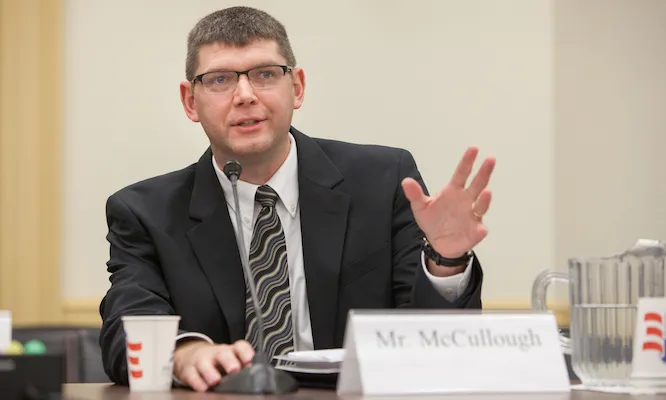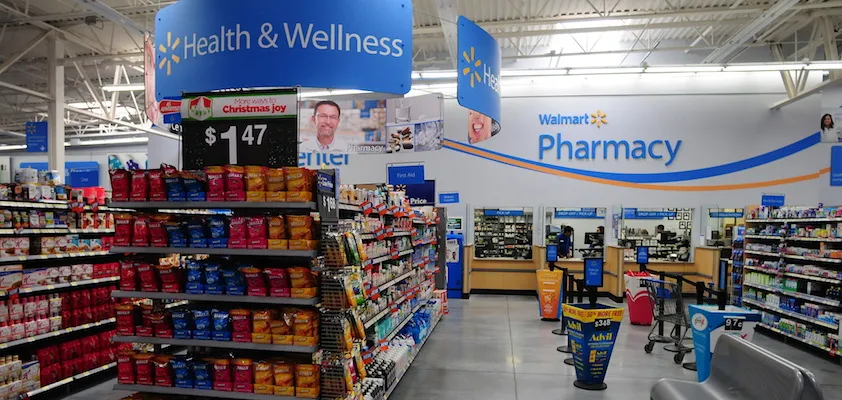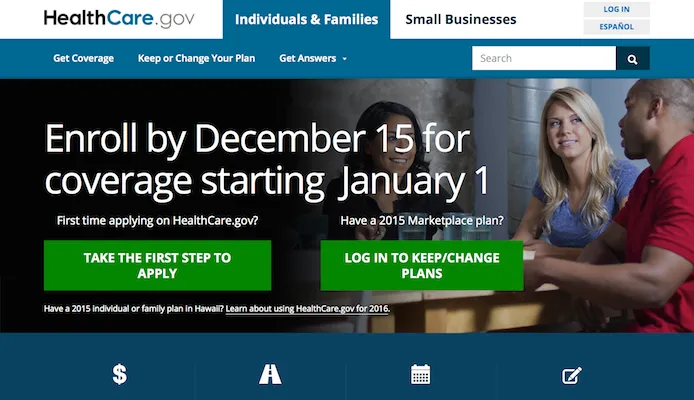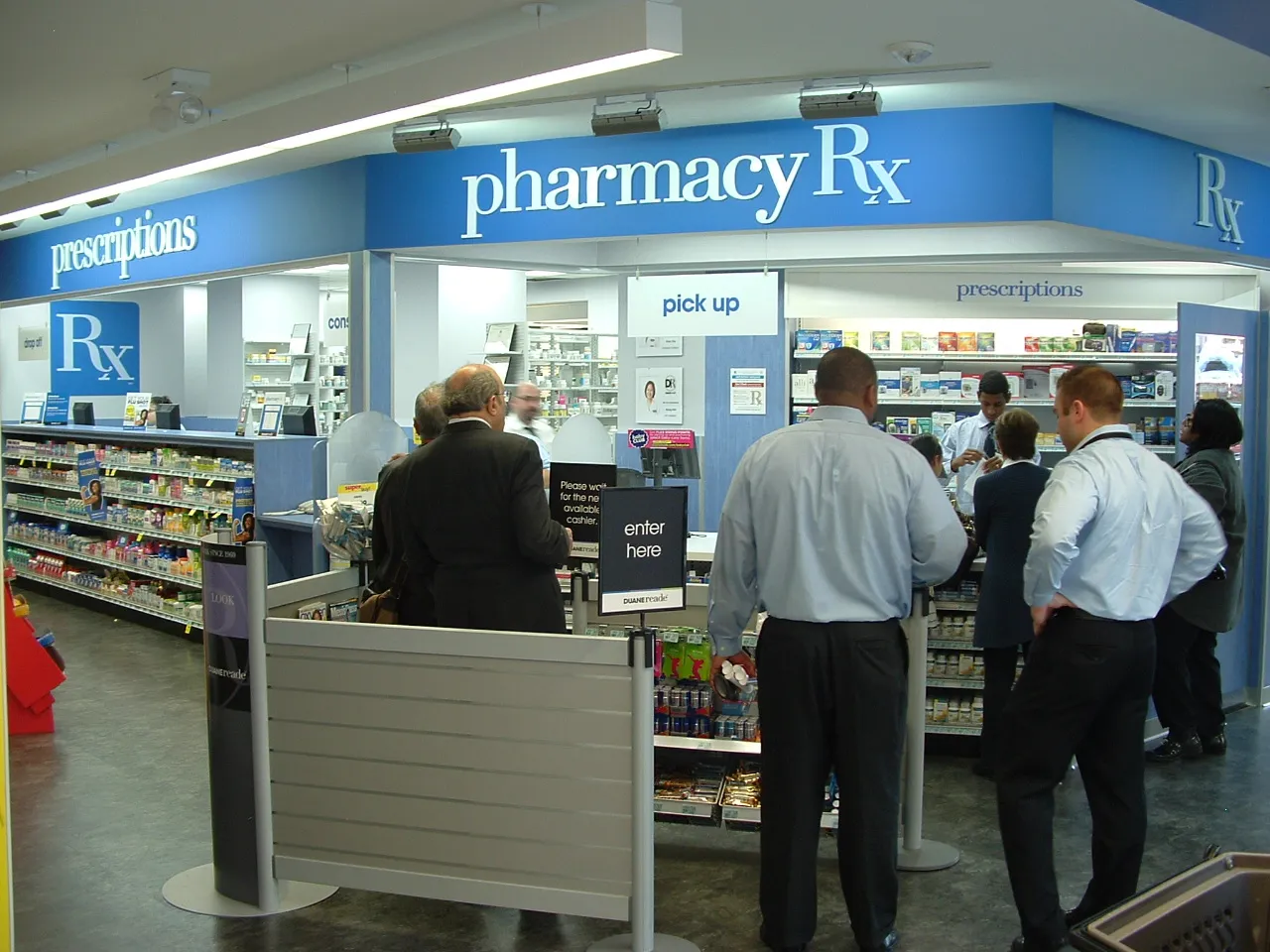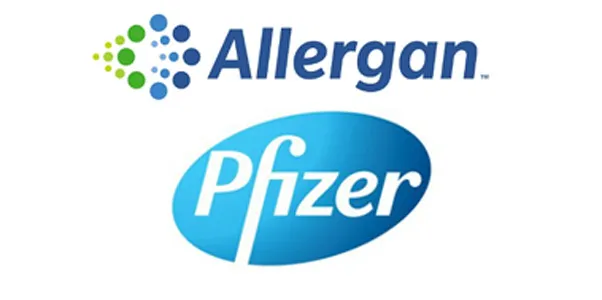Rite Aid’s Jesse McCullough testified before the House subcommittee about the value of pharmacist-led MTM services.
WASHINGTON — Jesse McCullough, Rite Aid Corp.’s director of field clinical services, highlighted the role of medication therapy management (MTM) in improving the health of seniors in testimony to a House subcommittee.
The Health Subcommittee of the Committee on Energy and Commerce was reviewing a plan by the Centers for Medicare & Medicaid Services (CMS) to update and strengthen the Medicare Part D Medication Therapy Management program. A registered pharmacist, McCullough told the panel community pharmacists represent an optimal solution for expanding the Medicare Part D MTM program.
Community pharmacists are in a unique position to manage drug therapy and to identify, prevent and resolve medication-related problems, he noted.
“Rite Aid has participated in MTM programs since their inception, and we have helped thousands of patients get more out of MTM to optimize their medication therapy,” McCullough told the subcommittee. “The fact of the matter is that we can do more.”
The National Association of Chain Drug Stores submitted a written statement to the subcommittee urging recognition of pharmacists as providers under Medicare Part B, asserting that this would provide valuable and convenient pharmacist services to millions of Americans.
“Pharmacist-provided services such as MTM are important tools in the effort to improve medication adherence, patient health and health care affordability,” NACDS said in its statement.
CMS is proposing a Part D program update that will provide greater regulatory flexibility and financial incentives to plans that achieve reductions in fee-for-service expenditures and satisfy quality and data-reporting requirements.
Tim Gronniger, director at the CMS, said the center’s proposal would create a payment environment that appropriately promotes and rewards better care management for persons with chronic illness. The goal of MTM is to ensure that covered Part D drugs are appropriately used to optimize therapeutic outcomes through improved medication use for beneficiaries enrolled in standalone prescription drug plans and Medicare Advantage prescription drug plans.
MTM services, including pharmaceutical and clinical interventions, are offered at no cost to eligible beneficiaries. The number of Americans with a chronic disease such as diabetes that requires at least one medication is expected to grow to 157 million by 2020, making the prevalence of medication non-adherence a growing problem.
CMS estimated that of the 2.5 million Medicare Part D beneficiaries eligible for the MTM program last year, 13% opted out and only 10% received the annual comprehensive medication review that is a central — and mandatory — feature.
In its comments, NACDS expressed support for legislation introduced earlier this year by Sens. Pat Roberts (R., Kan.) and Jeanne Shaheen (D., N.H.) which would help patients with specific chronic conditions receive MTM services. The legislation, known as the Medication Therapy Management Empowerment Act of 2015, would provide access to MTM for Medicare Part D patients with diabetes, cardiovascular disease, COPD and cholesterol.
“Reforming the Medicare Part D program should be accomplished through efficiently targeting beneficiaries who can most benefit from the services that will improve medication adherence and overall program effectiveness,” NACDS told the lawmakers. “We urge Congress to build on this earlier action and strengthen the MTM benefit in Medicare Part D.”
NACDS testimony underscored the importance of retail pharmacies, asserting that such businesses often are the most readily accessible health care provider. Nearly 90% of Americans live within five miles of a community retail pharmacy, NACDS said. “And to that end [they] are uniquely positioned to provide access to medications and cost-effective health services such as immunizations and disease-screenings.”

